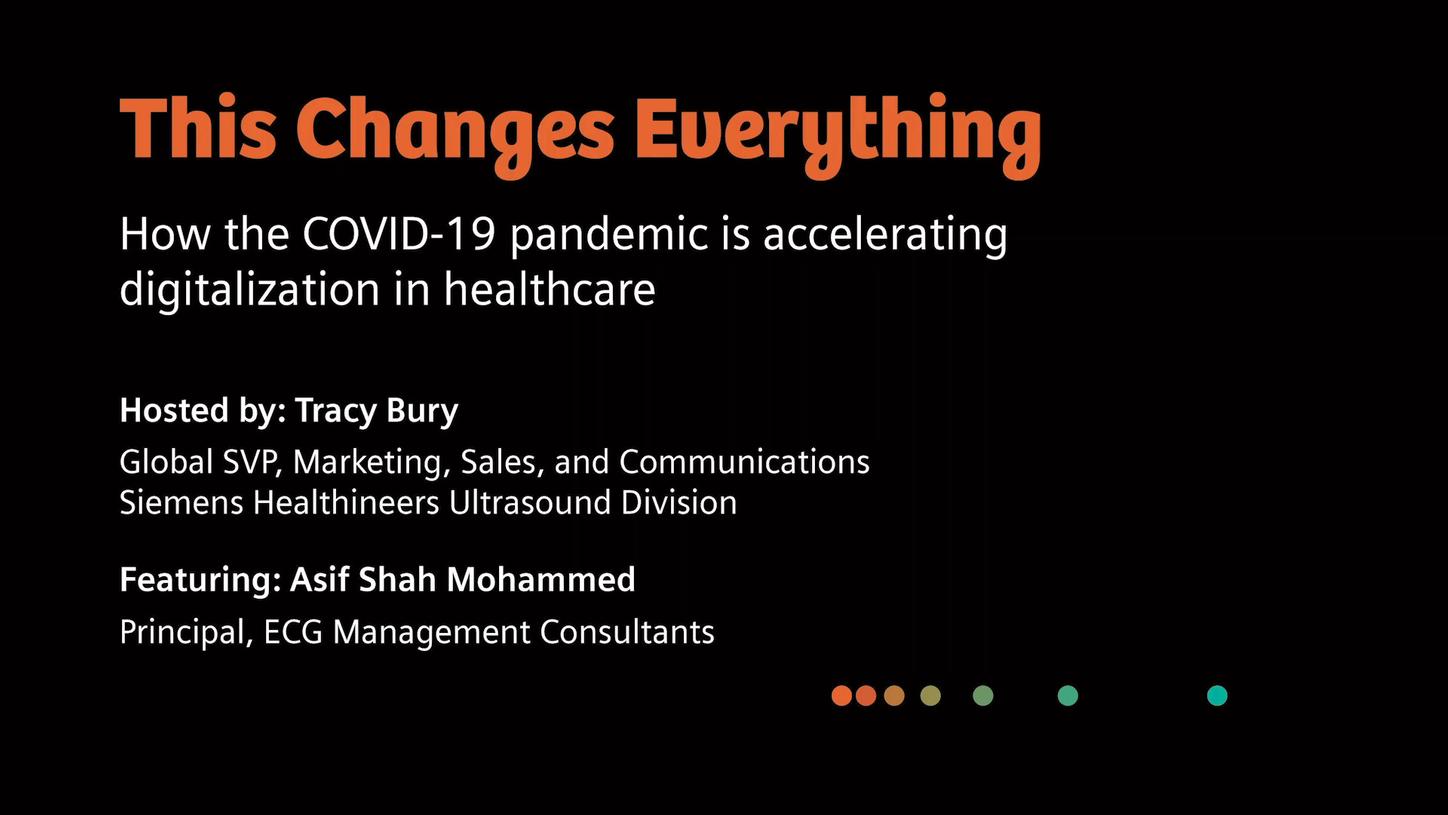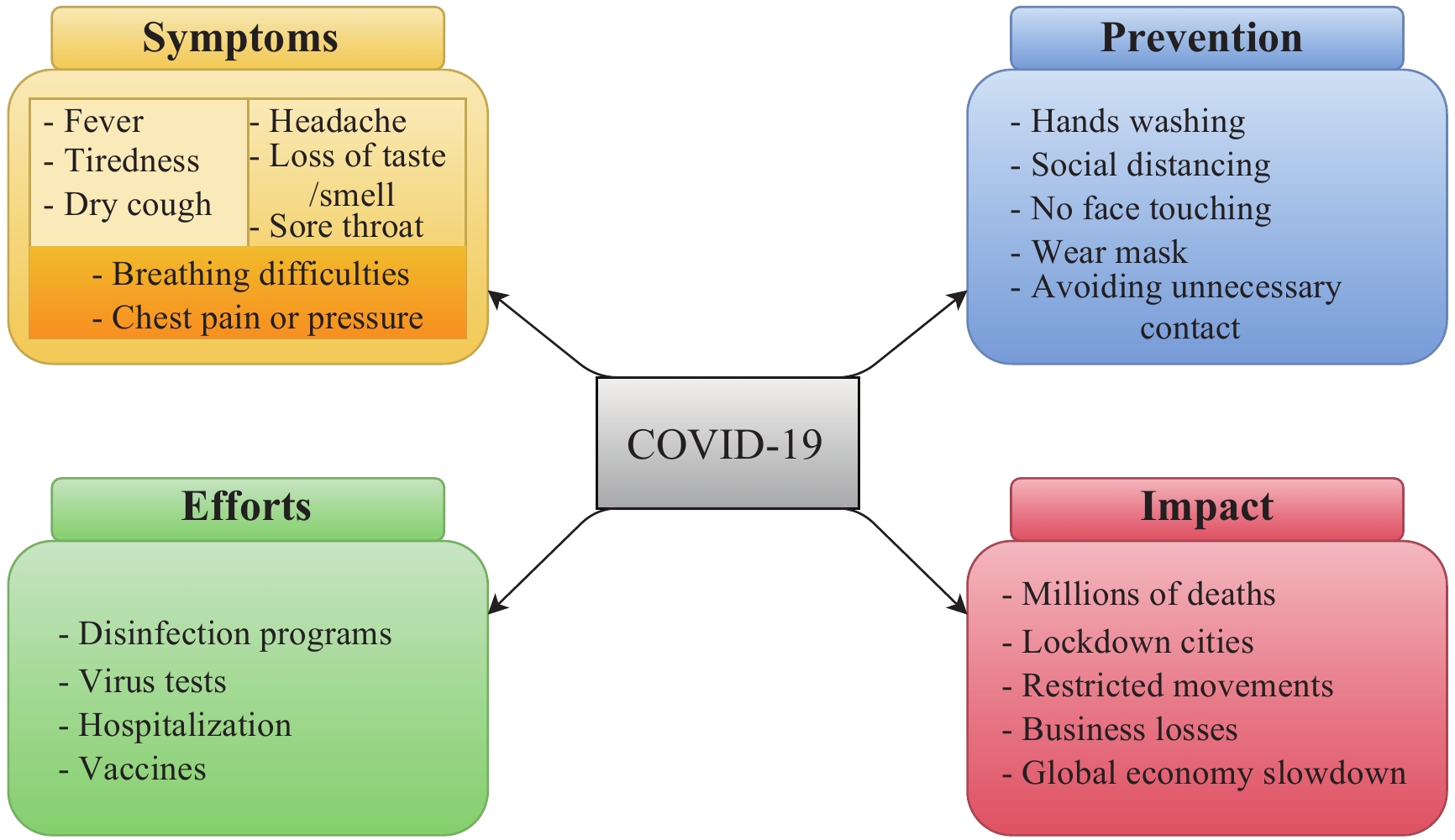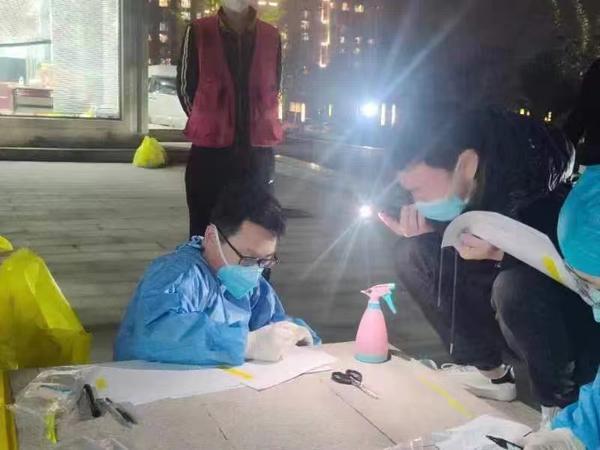The COVID-19 pandemic, declared a global health emergency by the World Health Organization (WHO) in January 2020, has reshaped our world in ways that will be felt for years to come. It has not only exposed the vulnerabilities in our healthcare systems and economies but also illuminated the interconnectedness of humanity and the importance of collective action. As a reflection on this unprecedented event, my perspective on the COVID-19 pandemic is a call for a fundamental reevaluation of our societal priorities, a reimagining of our global community, and a commitment to building a more resilient and equitable future.
Firstly, the pandemic has underscored the critical importance of public health infrastructure and the need for robust healthcare systems worldwide. Prior to the outbreak, many countries, particularly in the Global South, faced challenges in providing basic healthcare services due to inadequate resources, underfunded public health systems, and a lack of political will. The pandemic has exposed these gaps, leading to devastating consequences in terms of lives lost and strained healthcare systems. It is a stark reminder that health security is not just a matter of individual hygiene but a collective responsibility that requires investment in public health infrastructure, including adequate testing, tracing, and vaccination capabilities.
Moreover, the pandemic has highlighted the importance of scientific collaboration and transparency in addressing global health threats. The rapid spread of the virus underscored the interconnectedness of our world and the need for an international response. The race for a vaccine became a global effort, with scientists from different countries sharing data, knowledge, and expertise. This collaboration demonstrated the potential for humanity to overcome challenges when we work together. However, it also exposed weaknesses in global governance and highlighted the need for stronger international institutions capable of coordinating responses to future pandemics.
The economic fallout of the pandemic cannot be overlooked. Businesses have closed their doors, unemployment has surged, and entire industries have been crippled. Small and medium-sized enterprises (SMEs), in particular, have been hit hard, as they lack the financial cushion of larger corporations. The pandemic has underscored the need for economic systems that are more resilient and inclusive, promoting job security, social protection, and sustainable livelihoods. It is imperative that we rethink our economic models towards ones that prioritize people over profits and ensure that no one is left behind in times of crisis.
The COVID-19 pandemic has also served as a wake-up call for environmental concerns. The lockdown measures implemented worldwide have led to a temporary reduction in air pollution, highlighting the link between human activity and environmental degradation. This is a stark reminder that our health is intricately tied to the health of our planet. The pandemic should prompt us to reevaluate our consumption patterns, move towards sustainable practices, and invest in green recovery plans that can create jobs, stimulate economies, and protect our environment.
The social dimension of the pandemic cannot be ignored either. The isolation required for social distancing has led to a surge in mental health issues, including anxiety, depression, and loneliness. It has highlighted the importance of social connections and the role that communities play in providing support during times of crisis. This calls for a rethinking of our social structures, promoting digital inclusion and community-based support systems that can bridge the gaps left by physical distancing.
Inequalities have been exacerbated by the pandemic, with low-income households and marginalized communities bearing the brunt of its impact. The lack of access to healthcare, food security, and reliable information has left these groups more vulnerable. This underscores the need for a more equitable society where no one is left behind. It is crucial that we invest in social protection measures, ensure universal access to healthcare, and promote economic inclusion to create a fairer world where everyone has a chance to thrive.
Looking ahead, the pandemic has also prompted us to reimagine our future. As we emerge from this crisis, we must strive for a world that is more resilient to future pandemics, climate change, and economic shocks. This requires a transformation towards sustainable development, where health, economic stability, social equity, and environmental stewardship go hand in hand. It necessitates investing in research and innovation, fostering global cooperation, and reorienting our policies and practices towards long-term benefits rather than short-term gains.
In conclusion, my perspective on the COVID-19 pandemic is one of profound reflection and action. It is
转载请注明来自爬爬百科,本文标题:《全球觉醒,我对COVID-19疫情的看法——一个呼唤变革的全球警钟》












 京ICP备11000001号
京ICP备11000001号
发表评论